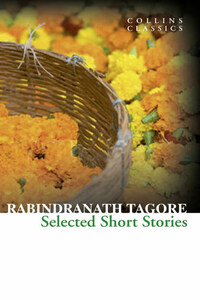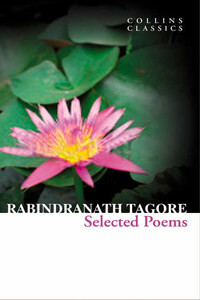In 1819, millworker William Collins from Glasgow, Scotland, set up a company for printing and publishing pamphlets, sermons, hymn books and prayer books. That company was Collins and was to mark the birth of HarperCollins Publishers as we know it today. The long tradition of Collins dictionary publishing can be traced back to the ï¬rst dictionary William published in 1824, Greek and English Lexicon. Indeed, from 1840 onwards, he began to produce illustrated dictionaries and even obtained a licence to print and publish the Bible.
Soon after, William published the ï¬rst Collins novel, Ready Reckoner; however, it was the time of the Long Depression, where harvests were poor, prices were high, potato crops had failed and violence was erupting in Europe. As a result, many factories across the country were forced to close down and William chose to retire in 1846, partly due to the hardships he was facing.
Aged 30, Williamâs son, William II took over the business. A keen humanitarian with a warm heart and a generous spirit, William II was truly âVictorianâ in his outlook. He introduced new, up-to-date steam presses and published affordable editions of Shakespeareâs works and ThePilgrimâs Progress, making them available to the masses for the ï¬rst time. A new demand for educational books meant that success came with the publication of travel books, scientiï¬c books, encyclopaedias and dictionaries. This demand to be educated led to the later publication of atlases and Collins also held the monopoly on scripture writing at the time.
In the 1860s Collins began to expand and diversify and the idea of âbooks for the millionsâ was developed. Affordable editions of classical literature were published and in 1903 Collins introduced 10 titles in their Collins Handy Illustrated Pocket Novels. These proved so popular that a few years later this had increased to an output of 50 volumes, selling nearly half a million in their year of publication. In the same year, The Everymanâs Library was also instituted, with the idea of publishing an affordable library of the most important classical works, biographies, religious and philosophical treatments, plays, poems, travel and adventure. This series eclipsed all competition at the time and the introduction of paperback books in the 1950s helped to open that market and marked a high point in the industry.
HarperCollins is and has always been a champion of the classics and the current Collins Classics series follows in this tradition â publishing classical literature that is affordable and available to all. Beautifully packaged, highly collectible and intended to be reread and enjoyed at every opportunity.
Rabindranath Tagore (1861â1941) is regarded as the father of Indian modern literature. He was a polymath and all-round creative talent who became something of a celebrity in the West during the second half of his lifetime. In 1878 Tagore moved to England with the intention of obtaining a degree. However, he was ill-suited to formal education and returned to India in 1880, having failed in his academic ambitions. Despite this, his exposure to English literature, including Shakespeare, had made a lasting impression on Tagore, and he resolved to fuse the European concept of the novel with elements of Indian culture and society.
Tagore came from a very wealthy Indian family, which explains his position to travel and to indulge his creative interests in a country where poverty and hardship were the lot of the common man. Despite his privileged background, he had strong empathy for his fellow human beings, which is largely why he was able to write stories and poems with humility and connection. This empathy came from managing his vast ancestral estates, where he would travel to collect rents and interact with the tenants. This exposed him to traditional storytelling and songs, as well as philosophical and religious ideas. This fertile environment, combined with his intellectual curiosity and imagination, resulted in prolific creativity.
Tagoreâs stories are typically like a hybrid between fairytales and fables, as they incorporate elements of the traditional Indian belief system with philosophical insight. Many are short in length, simply because they have no need to be any longer. In fact, they are already filled with superfluous detail, so it would be quite possible to condense them further.
From a literary point of view, it is difficult to assess their merits, as the works we read in the West are merely translations. The stories themselves and their allegory survive intact, but the use of language is largely lost, primarily because the translator naturally gives a subjective interpretation of Tagoreâs words and subsequent choice of English words. Also, the English language has a far richer vocabulary than Bengali, so an inevitable ambiguity results in terms of the literary forming of prose. Further complicating the issue is that Tagore also translated some of his own material into English.









